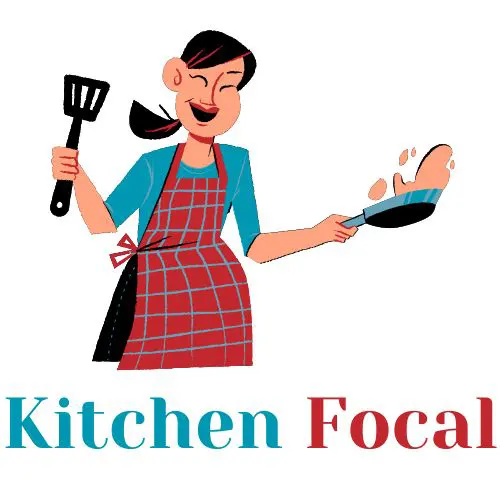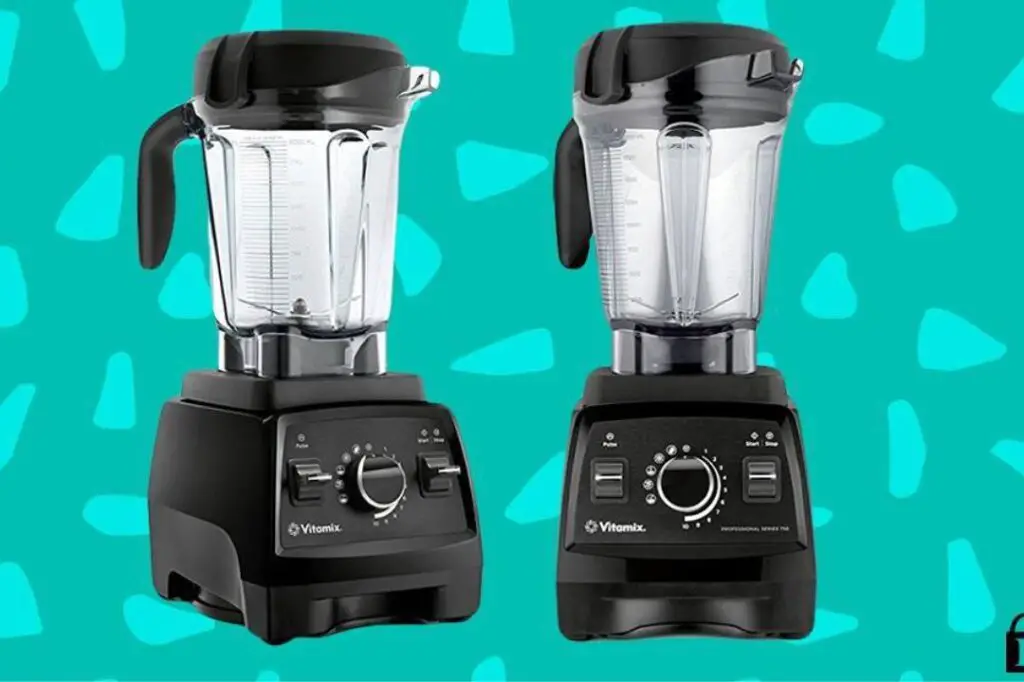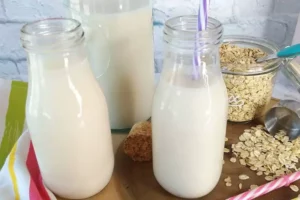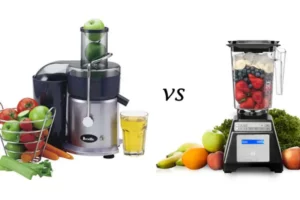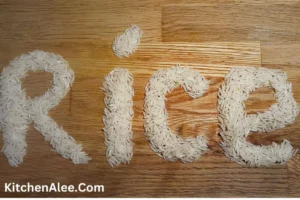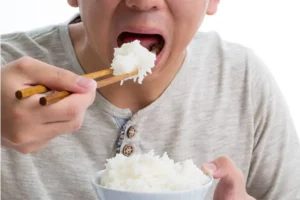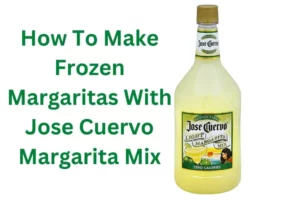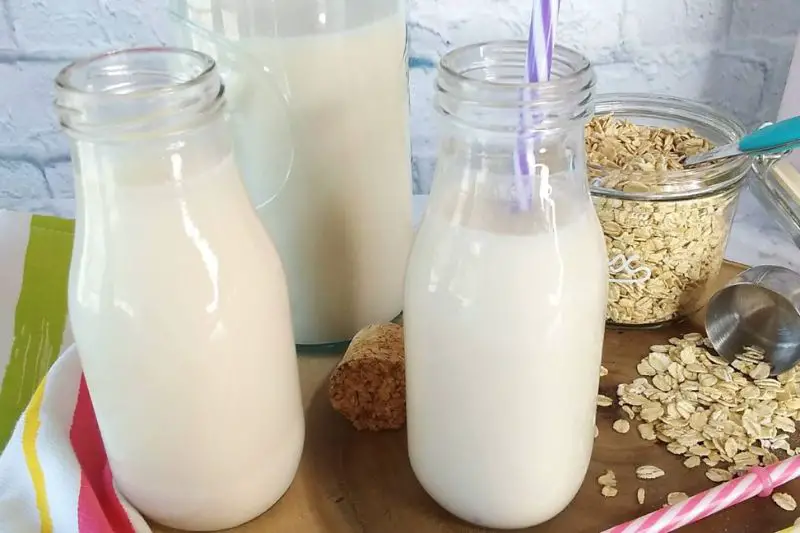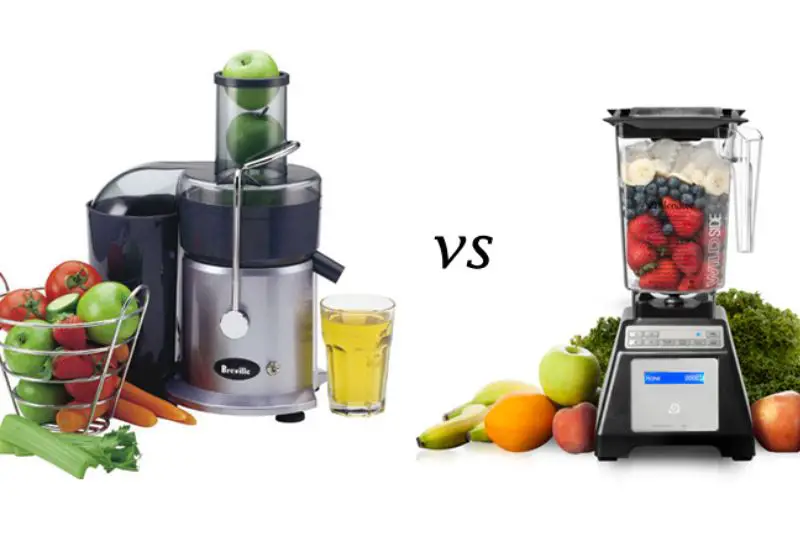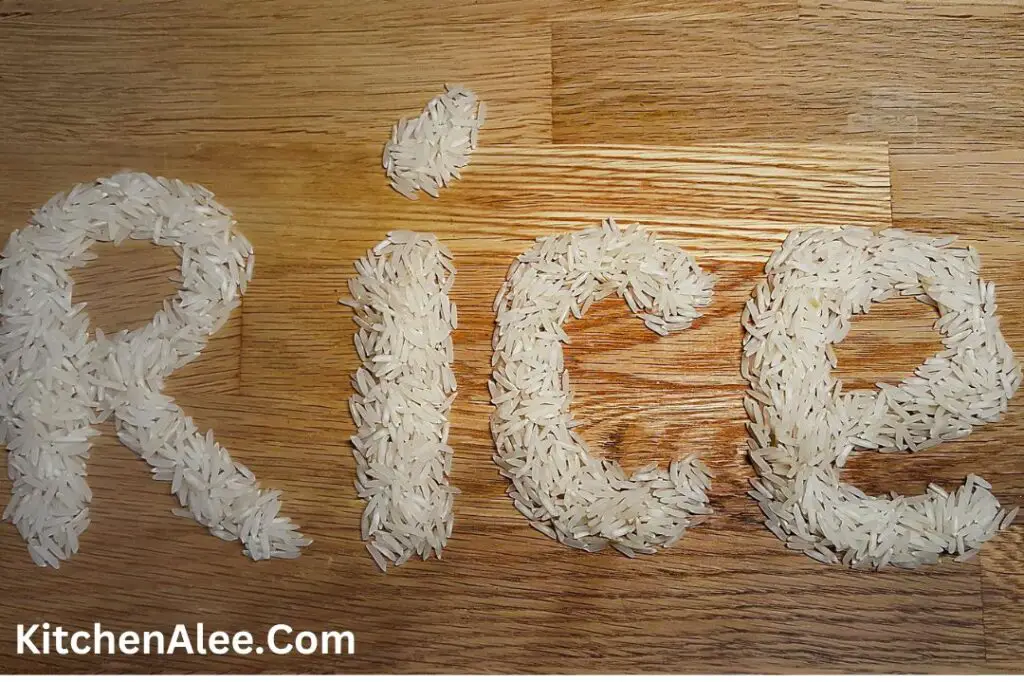What Is The Difference Between A Mixer And A Blender? A blender is a kitchen appliance that is used to make purees, smoothies, shakes, and soups. It also works well as a mixer, but mixers are usually smaller and more compact.
A mixer is used to create batters and dough. A blender may also be used as a mixer, but it’s generally for blending. Some blenders can be used as a mixer, but some don’t.
When it comes to kitchen appliances, many people believe that a mixer and a blender are one and the same.
Although both appliances can be used to create smooth, delicious drinks, there are actually some key differences between mixers and blenders.
In this article we will discuss the most common differences between a mixer and a blender.
What Is The Difference Between A Mixer And A Blender?
Mixers and blenders are both kitchen appliances that are used to combine ingredients, but they have different functions and are best suited for different tasks.
Mixers:
These are designed to mix, whip, and beat ingredients together. They typically have beaters or whisks that rotate at high speeds to incorporate air into ingredients and create light and fluffy mixtures. Mixers are ideal for tasks such as:
Blenders:
Blenders on the other hand, are designed to crush, chop, and puree ingredients. They have sharp blades that spin at high speeds to break down solid foods into liquids or smooth mixtures. Blenders are ideal for tasks such as:
Here is a table summarizing the key differences between mixers and blenders:
| Feature | Mixer | Blender |
|---|---|---|
| Function | Mixes, whips, and beats | Crushes, chops, and purees |
| Attachments | Beaters or whisks | Sharp blades |
| Typical uses | Whipped cream, cake batter, cookie dough | Smoothies, milkshakes, soups, sauces |
In general, if you need to combine ingredients without breaking them down, a mixer is the better choice. If you need to crush or puree ingredients, a blender is the better choice.
Is Blender and Mixer Same?
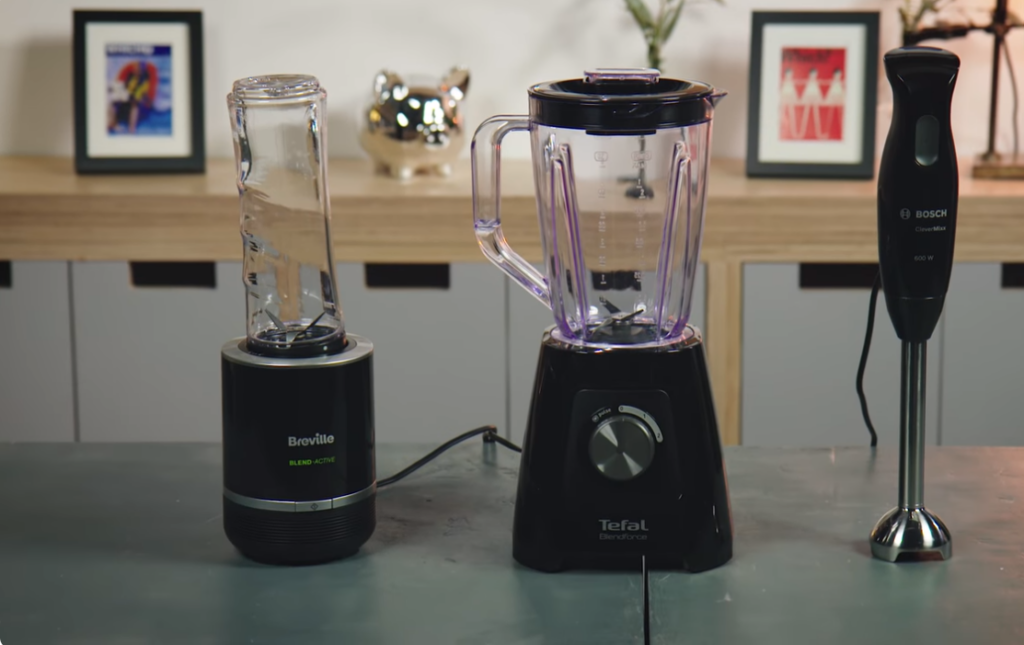
The majority of scholars believe that a blender and a mixer are two different things.
A blender is typically used to create smooth, uniform textures, while a mixer is typically used to create more textured, uneven textures.
However, Some scholars argue that a blender and a mixer are two different things, while others argue that they are the same thing.
Can I Use Blender Instead of Mixer?
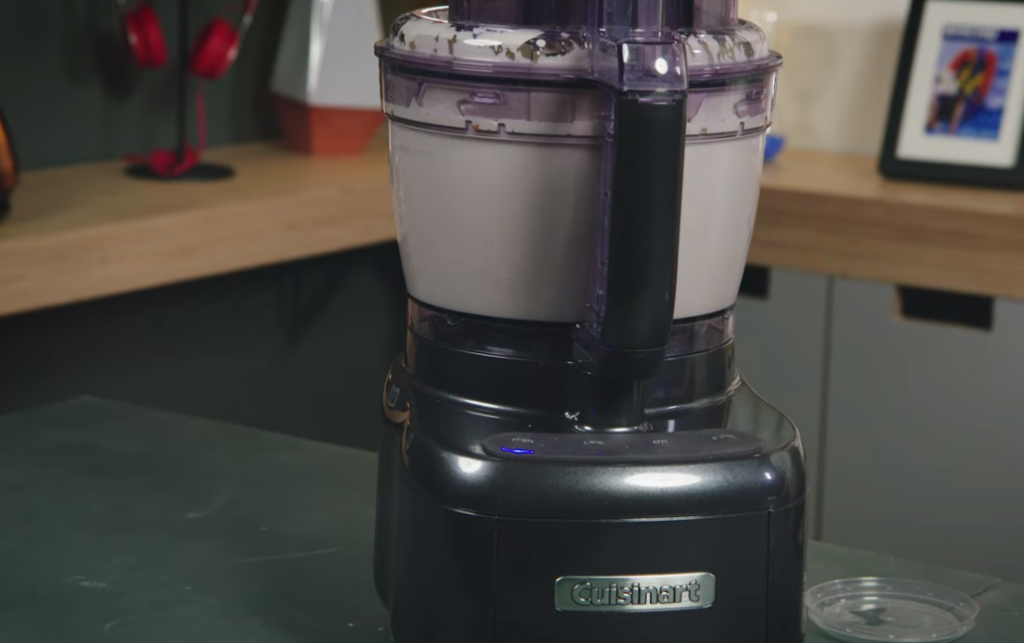
Blenders tend to be more versatile than mixers, as they can also be used for tasks such as blending ingredients for soup or pureeing fruits and vegetables.
Additionally, blenders typically have more powerful motors than mixers, which makes them better suited for handling thicker ingredients or larger quantities of food.
Mixer vs Blender Which Is Safer?

There are several key differences between mixers and blenders which impact their safety.
Mixers typically have two paddles that rotate in opposite directions to each other, while blenders have a single blade that rotates.
This difference in blade design means that mixers are not as effective at pulverizing food as blenders.
As a result, mixers are generally safer to use than blenders. Another key difference is the speed at which the blades rotate.
Mixer vs Blender Which Is Better?
When it comes to mixers and blenders, which is better? This is a difficult question to answer because it depends on the individual’s needs.
If someone is looking for a appliance to simply mix ingredients together, then a mixer would be the better choice.
However, if someone wants an appliance that can blend ingredients together to create smooth textures, then a blender would be the better option.
What Is a Mixer and How Is It Different from A Blender?
A blender is a kitchen appliance that makes blending items a quick and simple task.
Blending items involves turning the ingredients into a smooth paste, such as vegetables to make soup or smoothies to make a healthy drink.
A blender is great for preparing basic pastes or smoothies but falls short when it comes to mixing ingredients such as dough, batters, and sauces.
A mixer, on the other hand, is a more powerful and versatile kitchen appliance than a blender.
Mixers can be used for basic blending tasks but can also be used to mix, knead, and whip ingredients including dough, batters, and sauces.
Some mixers can also be used for chopping vegetables, grinding meat, or kneading dough.
The Advantages of Using a Mixer vs A Blender:
Here are some of the advantages of using a mixer over a blender:
Overall, mixers are a great choice for home cooks who need a versatile and easy-to-use appliance for mixing, whipping, and beating ingredients.
How to Choose a Mixer vs A Blender?
There are many differences between a blender and mixer.
How to Clean Your Mixer vs Blender?
A blender is a kitchen appliance used to break down food, usually fruits and vegetables, into a liquid consistency.
A mixer is an electrical device used to mix, stir, or beat ingredients to prepare food for consumption.
The first appliances to be introduced were blenders and mixers. The blender was invented before mixer, and dominated the market.
Blenders use high-speed rotating blades to break down food into a smooth liquid consistency.
Mixers have rows of beaters that move around inside a bowl to mix ingredients. The mixer also uses a whipping or whipping attachment.
The blender and mixer can perform the same tasks. The main difference is in their intended use. The blender is used mostly with liquid ingredients and can be used in cold or hot mixtures.
The mixer is used mostly with solid ingredients and has the additional attachments for mixing and whipping.
Conclusion: The Difference Between A Mixer And A Blender:
The distinction between a mixer and a blender lies in their specific functions and capabilities.
While mixers are designed for combining ingredients and creating batters and doughs, blenders excel at pureeing, liquefying, and crushing ingredients to make smoothies, soups, and sauces.
Understanding these differences is crucial for selecting the right appliance to suit your cooking and culinary needs.
By recognizing the unique strengths of both mixers and blenders, you can make informed decisions when it comes to enhancing your kitchen arsenal and improving your culinary skills.
So whether you’re a home cook or a professional chef, remember that having the right tools will undoubtedly elevate your culinary experiences. Choose wisely!
FAQS
Does Blend Mean Use a Mixer?
No, the term “blend” does not mean “use a mixer.” The term “blend” refers to the process of combining two or more substances together until they are combined evenly.
In other words, the individual parts of the blend become indistinguishable from one another.
Can I Use My Ninja Blender as A Mixer?
The answer to this question is technically yes, but with some caveats.
A ninja blender is not specifically designed to be used as a mixer, so it may not perform as well as a dedicated mixer.
What Are the Types of Mixers Available?
There are several types of mixers available, including hand mixers, stand mixers, and immersion blenders.
Hand mixers are handheld and portable, while stand mixers are larger and sit on a countertop.
Immersion blenders, also known as hand blenders, can blend and mix ingredients directly in a bowl or pot.
What Are the Types of Blenders Available?
There are different types of blenders available, including countertop blenders and immersion blenders.
Countertop blenders have a pitcher or jar with a blade assembly, and they are suitable for blending larger quantities and tougher ingredients.
Immersion blenders have a handheld wand with a blending attachment and are more portable for smaller blending tasks.
What Are the Main Differences Between a Mixer and A Blender?
The main differences between a mixer and a blender are the types of ingredients they can handle and their primary functions.
Mixers are best suited for thicker mixtures like dough and batters, while blenders are designed for liquids and softer ingredients.
Can a Blender Be Used as A Mixer?
While blenders can be used to mix some ingredients, they may not be as effective as mixers for tasks that require extensive mixing or incorporate air into the mixture.
Blenders are more suitable for recipes that require liquid-based blending, whereas mixers excel at achieving desirable texture and consistency in thicker mixtures.
Can a Mixer Be Used as A Blender?
Mixers are not designed for blending as they lack the necessary blade configuration and blending capacity.
Attempting to blend in a mixer may damage the appliance and yield unsatisfactory results.
It is best to use a blender for blending tasks and a mixer for mixing and beating tasks.
Latest Posts!
- How To Make Oat Milk Without A Blender? (Simple Steps!)
- What Is The Difference Between A Juicer And A Blender?
- Does Removing Starch From Rice Reduce Calories?
- Is Rice Starch Bad For You? (Truth is Here!)
- How To Make Resistant Starch Rice? (Simple Steps!)
- How To Make Frozen Margaritas With Jose Cuervo Margarita Mix?
